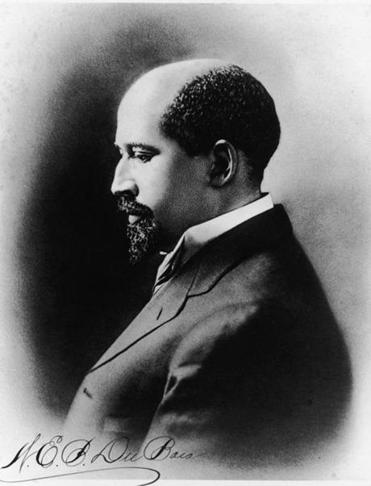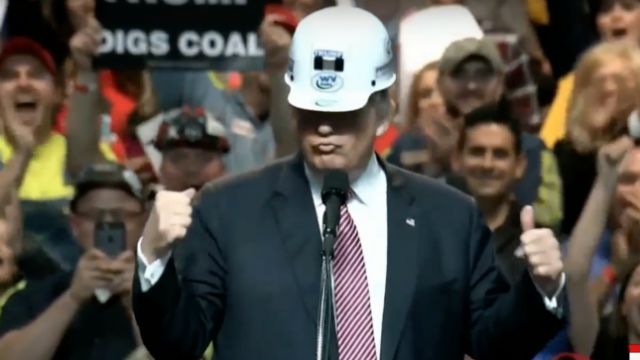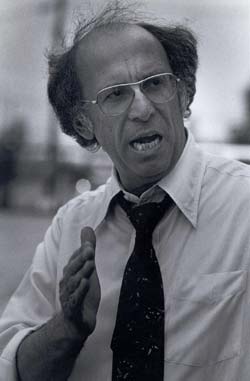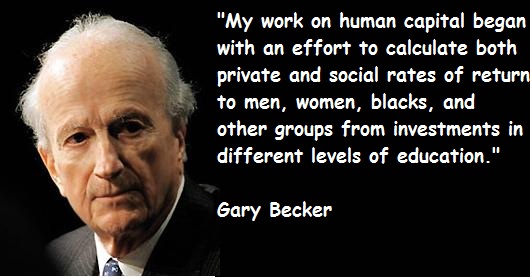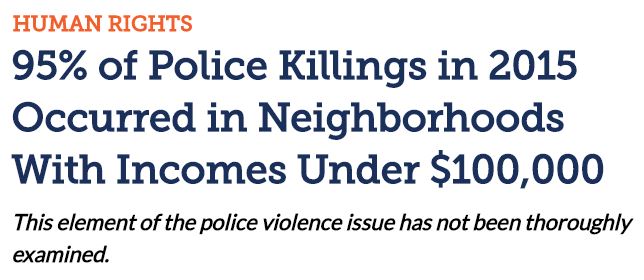Since the emergence of what has been known as “whiteness studies” in the early 1990s, proponents of the view that the white working class in the United States rejects a class-based politics in favor of commitment to white supremacy have cited W.E.B. Du Bois’s reference in Black Reconstruction In America to a “psychological wage” that whiteness offers as supporting that view and, by extension, the necessity that combating racism and white supremacy takes priority over struggle against capitalist inequality.
BY James Oakes
The social bases of political conflict thus erased, consensus historians go on to suppress the significance of antislavery politics, even to the point of denying that politics played any role in whatsoever in the destruction of slavery. These crucial erasures are once again explained by reference of a broad political consensus—not the liberal consensus of Hofstadter and Hartz, but the smothering, all-consuming consensus in favor of “white male supremacy.” It’s still consensus history; it’s just a different consensus.
BY Mark Dudzic
The “white working class,” like the “black community,” is an abstraction that does not exist anywhere in the real world. The U.S. working class is broad and diverse. It’s not even all that white any more and certainly not all that male. Its conditions are determined by its position within a political economy but, like everyone else, the experience and consciousness of individual workers is formed by a whole series of contingent relationships and experiences. The recent use of the trope of the angry white working class attempts to extract white workers from these class dynamics and present them as a demonized and marginalized natural group.
BY Leslie Lopez
It might be a huge stretch for some anti-racists to view Trump voters as something other than “deplorables,” or, rich, white, racists—but, the hope with this case study is that we might stop and reflect on who gains when we write off not just half the country but a large portion of the working class as racists.
The most immediate challenge we face now is to prepare for what is going to be the political equivalent of a street fight that we’ll have to wage between now and at least 2018 just to preserve space for getting onto the offensive against the horrors likely to come at us from Trump, the Republican congress, and random Brown Shirt elements Trump’s victory has emboldened. At the same time, however, we need to reflect on the extent to which progressive practice has absorbed the ideological premises of left-neoliberalism.
Proliferation of this Kabuki theater politics among leftists stems in part from the dialectic of desperation and wishful thinking that underlies the cargo-cult tendency; it is commonly driven by an understandable sense of urgency that the dangers facing us are so grave as to require some immediate action in response. That dialectic encourages immediatist fantasies as well as tendencies to define the direct goal of political action as exposing, or bearing witness against, injustice.
The trivial truth is that what they mean by challenging the operation of capitalist markets (i.e. massive downward redistribution) would indeed reduce racialized poverty, for the obvious reason that (as Adolph and I and millions of others keep on tiresomely repeating) precisely because black people are disproportionately poor all efforts of redistribution will disproportionately benefit them. The totally false idea is that a challenge to racial disparities gets you out from under what Reed calls “neoliberalism’s logic.” In fact, unlocking inherited inequality (racialized or not) and achieving real equality of opportunity (hence more upward mobility) is left neoliberalism’s wet dream.
Free State of Jones reminds us of this core truth of class with respect to labor, whether paid or unpaid—the shared material conditions and shared interests of those who are compelled by force or necessity to work.
A politics whose point of departure requires harmonizing the interests of the black poor and working class with those of the black professional-managerial class indicates the conceptual and political confusion that underwrites the very idea of a Black Freedom Movement. The prevalence of such confusion is lamentable; that it go unchecked and without criticism is unacceptable. The essays that appear in this section will critique this tendency and offer in its stead a vision of what we think ought to be.
My point is not in any way to make light of the gravity of the injustice or to diminish outrage about police violence….However, noting a decline—or substantial change in either direction for that matter—in the rate of police killings does underscore the inadequacy of reified, transhistorical abstractions like “racism” or “white supremacy” for making sense of the nature and sources of police abuse of black Americans. Racism and white supremacy don’t really explain how anything happens. They’re at best shorthand characterizations of more complex, or at least discrete, actions taken by people in social contexts; at worst, and, alas, more often in our political moment, they’re invoked as alternatives to explanation


